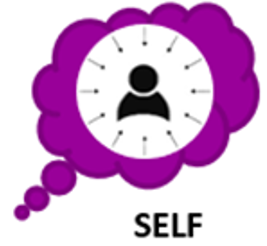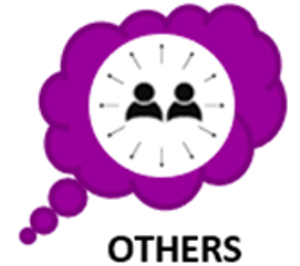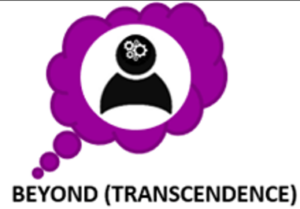Welcome to Bourne Abbey
Find Out MoreSpirituality
As church schools we understand spirituality as the way in which we combine our thoughts and emotions to reflect, respond to and seek to give meaning and purpose to the experiences that we encounter in life. We provide a variety of opportunities to develop and promote children’s spirituality as an ongoing, reflective journey. It teaches us about questioning, understanding and relationships: relationships with ourselves, others, the world and beyond. Spirituality enables our children to be happy; to flourish, to succeed and to live life in all its fullness.
Spirituality is about seeking a meaningful connection with something bigger than oneself, which can result in positive emotions, such as peace, awe and wonder. Spirituality enables our children to be happy; to flourish, to succeed and to live life in all its fullness.
Children are provided with explicit and intentionally planned opportunities to develop the four elements of spirituality across the curriculum at school. We also expect there to be unplanned spur-of-the-moment opportunities within any school day. Examples of this can be found in the document ‘Spirituality within the Curriculum’ found on the policies page and on the curriculum subject specific pages.
To aid in understanding our approach to spirituality, we use specific symbols for both staff and children. These symbols represent self, others, the world, and beyond, helping to clarify and emphasize the core aspects of spiritual development.




